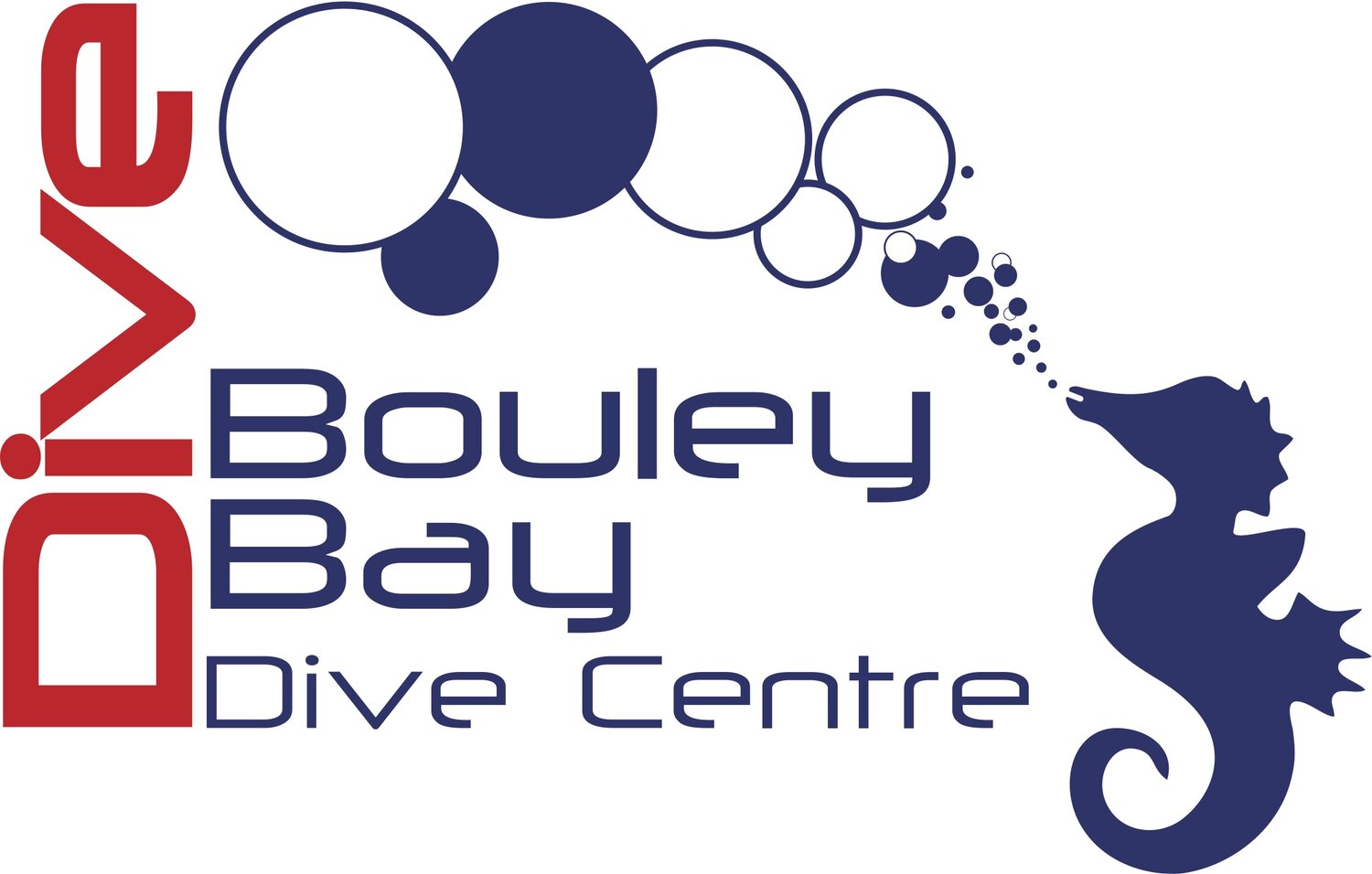Am I dive Fit?
Diver Fitness
Are you dive fit?
Sometimes there is a misconception that no physical or mental efforts are required to dive, but diving demands a level of mental and physical fitness and readiness and this can be overlooked.
Being slightly unfit or mentally unprepared may not seem an issue but actually can have serious consequences. we wouldn’t want to dive with unmaintained or unchecked dive equipment would we, yet sometimes the main piece of diving equipment is overlooked… ourselves.
But first, why do you need to be ‘dive fit’?
Why do you need to be dive fit?
To enhance our and others' safety.
Increase Enjoyment.
Help us to relax during a dive.
Ease of carrying the gear.
Decrease the risk of injury.
Decrease the likeness of Decompression sickness.
Help your body with the demands of the cardiovascular system of diving.
Conserve air with better gas consumption.
Move efficiently and gracefully through the water.
Are you medically fit?
We always give the medical form to all our divers whether or not they are on a course as sometimes divers may forget their medical conditions have changed so this prompts them to get themselves checked out. If you have had a change or are in doubt check the form here and seek medical approval. Diving with a medical condition can cause a dive accident and safety concerns to yourself as well as your dive team. The medical form lists medical conditions only and whilst that is a great start there is more to it than that and we as divers must also look after our fitness both physically and mentally.
What can I do to get dive fit?
This is easy and doesn’t involve hours of gyms or marathon training but just a little awareness and maybe some simple changes. Below I will discuss my top tips for divers to stay physically and mentally prepared to take that next plunge!
Exercise
This doesn’t need to be marathon training or a super high-priced gym membership, but general physical fitness is important for divers. You can start by simply walking, cycling, or running to work. I like to do a HIT-based workout which works my cardio, strength, and flexibility. As a qualified PT I offer this class. If you want to find out more about my hit class email me, This isn’t as scary as it sounds. I run HIIT classes Tuesday evenings and also offer private sessions at the dive centre in the early mornings or evenings or in the comfort of your own home.
Relaxation/ breathing
We all know the number one rule in scuba is to breathe. We also know we never like to be that diver who has to end the dive early because of our air consumption rate. Both yoga and breathing exercises can help diving in many ways. Such as decreasing your air consumption, developing mindfulness and focus, and stretching muscles that we think of but also those we don’t such as the muscles we use for equalising and breathing.
Want to give it a go? Pop into one of my yoga classes on a Monday at 18:30 or Saturday at 09:00. booking here
Diet
The dreaded one… Does this mean we can’t share cakes after a dive… Absolutely not! But making sure we eat a well-balanced diet overall is going to help give us the energy we need for our physically demanding activity. My go-to Tips are don’t be afraid of a carb, and avoid processed sugars which give you a quick energy boost rather than a slow release. My go-to energy boost to avoid cramps is banana. Number one stay hydrated! this is a huge cause of DCS.
Mental health
If we have other things on our mind or are exhausted we may get perceptional narrowing and we can lose focus leading to problems on the dive such as missed gear checks etc. Make sure to have a good night’s sleep before a dive and most importantly if something doesn’t feel right trust your instinct and miss the dive. We offer a workshop hosted by Grace Bailey called non-technical dive Skills where you can pick up more tips. Check it out here. Next year we have exciting workshops hosted by myself and Adam called How to be a Better Buddy.
Keep diving
Just like anything if we don’t practice we lose our skills. Keep diving or if you haven’t dived in a while be honest and take a refresher dive before committing to any more challenging dives. If you haven’t already learned about our dive community check our club out here



